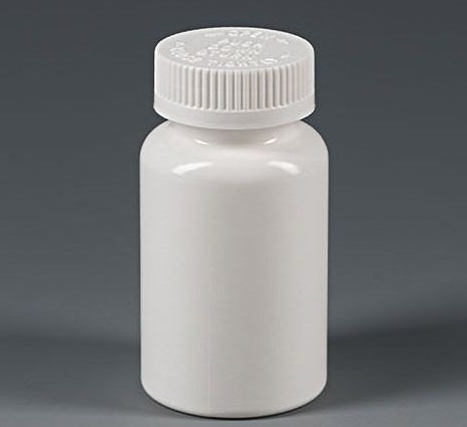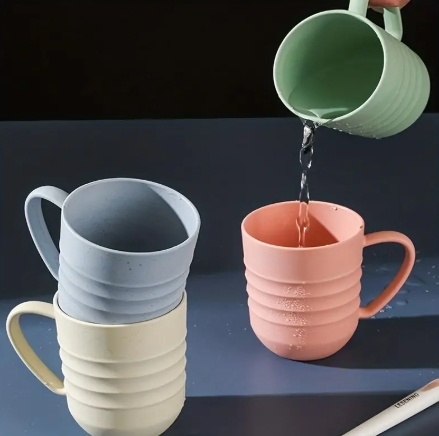The answer is of course yes, but it cannot be sustained for a long time.

Ⅰ. Basic characteristics of HDPE
The melting point of HDPE is between 120°C and 135°C, which means it has a certain stability at high temperatures. Since the temperature of boiling water is usually 100°C, which is lower than the melting point of HDPE, in theory, HDPE can withstand the temperature of boiling water. However, the physical properties of HDPE will change to a certain extent at high temperatures, such as reduced hardness and increased elasticity, so it needs to be considered according to specific circumstances in practical applications.
Ⅱ. Performance of HDPE at high temperature
1. Heat resistance
HDPE has relatively good heat resistance, but long-term exposure to boiling water or higher temperatures may cause slight deformation or aging of the material. This is because high temperature accelerates the molecular movement of the polymer chain, causing changes in the material structure.
2. Physical stability
HDPE usually does not undergo obvious physical changes when exposed to boiling water for a short period of time. However, if it is filled with boiling water for a long time, slight shape changes such as softening or slight warping may occur.
3. Chemical stability
HDPE has good resistance to most chemicals, including water, so it will not release harmful chemicals when filled with boiling water. This makes it ideal for food-grade applications. But due to its chemical stability, it is more common in pharmaceutical bottles.

Although HDPE can withstand boiling water temperatures for a short period of time, you still need to pay attention to the following points during use:
1. Usage time:
Try to avoid holding boiling water for a long time, as sustained high temperatures may affect the service life of HDPE.
2. Environmental conditions:
In high-pressure or high-temperature steam environments, the performance of HDPE may be significantly reduced, and other high-temperature resistant materials should be considered for replacement.
3. Cleaning and maintenance:
High temperatures may accelerate the aging of HDPE surfaces, so avoid using strong alkali or strong acidic cleaners when cleaning to extend its service life.
If you need to be in contact with boiling water for a long time, it is recommended to choose materials with better high temperature resistance, such as:
